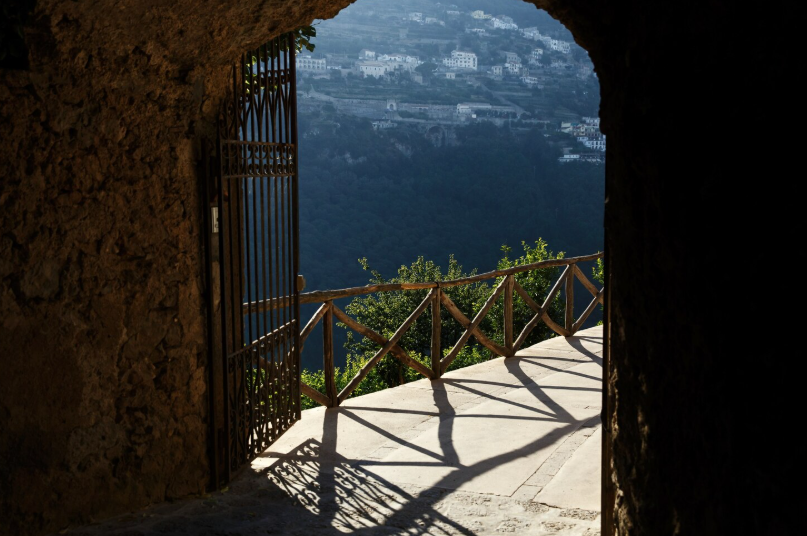
Epicurean Adventures: Private Chef Experiences in Europe
Epicurean Adventures: Private Chef Experiences in Europe
Why Choose a Private Chef?
Private chefs provide control, privacy, and personalization—three pillars that align perfectly with the needs of senior executives. A private chef experience removes logistical friction: no reservations to secure, no crowded dining room, and no compromise on timing. Instead, guests receive a carefully designed menu that reflects seasonal produce, dietary needs, and the event’s objectives. For directors hosting high-stakes conversations or relationship-building dinners, the privacy of a dedicated dining environment reduces distraction and fosters a focused, convivial atmosphere.
Beyond convenience, private chefs offer narrative. They can translate terroir into a tasting menu, tell the story of regional ingredients, and elevate a meal into a cultural exchange. This narrative dimension is especially valuable for international guests who want to engage with local culture in an authentic, curated way.
Types of Private Chef Experiences
Private chef services in Europe range from in-home multi-course dinners to immersive culinary residencies. Common formats include:
- Intimate tasting dinners: Multi-course menus served in a private dining room or villa, often paired with regional wines.
- Interactive chef’s table: A more participatory format where guests observe or engage in plating and brief cooking segments.
- Farm-to-table experiences: Day excursions to local farms or markets followed by a meal prepared with that day’s harvest.
- On-site pop-ups: Temporary, custom installations for corporate events or launches, often set within historic properties or contemporary galleries.
Where in Europe to Book Exceptional Private Chefs
Certain regions are particularly well-suited for elevated private chef experiences. In France, Provence and Bordeaux offer produce-driven menus and world-class wines. Italy’s Tuscany and Campania present food traditions anchored in seasonal simplicity—olive oil, heirloom tomatoes, fresh seafood—that translate beautifully into intimate meals. Scandinavia’s gastronomic innovators bring a modern, hyper-local approach in capitals like Copenhagen and Stockholm. For directors seeking dramatic coastal settings, Portugal’s Algarve and Spain’s Basque Country combine exceptional seafood with convivial hospitality.
When selecting a destination, consider both ingredient availability and logistical ease. Estate properties, boutique hotels, and private villas often have kitchens equipped for professional teams, which simplifies execution and enables higher levels of presentation and service.
Designing the Menu and Guest Experience
The best private chefs work as creative partners. Start by conveying objectives: is the dinner intended to impress clients, to celebrate a milestone, or to create a relaxed social environment? Share dietary restrictions and any storytelling preferences—perhaps a menu focused on heirloom cheeses, a regional fisherman’s catch, or a reimagining of family recipes.
Directors should request a pre-event tasting when feasible, or at minimum a detailed menu proposal that includes sourcing notes and wine pairings. Many chefs offer multiple tiers of menu complexity, from a pared-back four-course meal to an elaborate chef’s tasting of eight or more courses with paired wines.
Logistics and Professional Considerations
For corporate or high-profile events, logistics matter. Confirm the chef’s insurance, food-safety certifications, and references for similar events. Discuss service style—plated courses versus family-style presentations—and whether the chef will bring a service team or require venue staff. For villas or remote estates, ensure adequate kitchen facilities or discuss rental of a production kitchen and additional equipment.
Timing is crucial: plan for a clear arrival window for the chef and staff, a setup period, and a printed itinerary for service. If the event includes presentations or speeches, coordinate meal pacing with the program to maintain flow.
Budgeting and Value
Private chef experiences can vary widely in price depending on the chef’s pedigree, the menu complexity, ingredient sourcing, and travel logistics. Expect to budget more for Michelin-trained chefs, specialty ingredients (live seafood, rare truffles, or heritage meats), and full-service staffing. That said, the perceived value for directors often exceeds the raw cost: the ability to craft a distinctive event in a private setting yields outsized returns when measured in client goodwill, productive conversation, and lasting impressions.
Consider packages—many reputable providers offer tiered pricing with clear inclusions (food, staffing, basic tableware) and exclusions (premium wines, rentals, or venue fees). Request a written quote that itemizes costs to avoid unexpected add-ons.
Sourcing, Sustainability, and Local Relationships
Exceptional private chefs prioritize provenance. Directors should ask about sourcing: does the chef work with established local suppliers, regenerative farms, or artisanal purveyors? Sustainable sourcing not only supports local economies but also enhances the authenticity of the meal. Many chefs will design menus that minimize waste and highlight seasonal abundance—an approach aligned with modern corporate values and ESG priorities.
Building a relationship with a local chef or small culinary team offers long-term benefits: repeat guests can expect increasingly personalized menus, trusted vendor networks, and the cultural literacy that elevates each meal into a place-based experience.
Practical Tips for Directors
1. Book early—top chefs are scheduled months in advance, especially during peak travel seasons.
2. Communicate objectives clearly—this allows the chef to design a menu that supports the evening’s goals.
3. Prepare the space—confirm kitchen facilities and service expectations ahead of arrival.
4. Include cultural elements—local wines, regional cheeses, and storytelling enrich the experience.
5. Document the experience—professional photography or short video captures can be valuable for corporate memory and marketing collateral.
Conclusion
Private chef experiences in Europe offer an exceptional blend of privacy, personalization, and cultural immersion. For directors seeking meaningful ways to host clients, reward teams, or craft unforgettable personal travel moments, these meals translate culinary excellence into strategic advantage. With careful planning—clear objectives, logistical foresight, and an emphasis on provenance—private dining becomes an instrument of relationship-building and refined hospitality.
Stay Connected for More Travel and Lifestyle Inspiration. For more insights into travel, culture, and lifestyle tips, follow me on Instagram @salvadorordorica. If you’re seeking professional translation and localization services to enhance your global ventures, visit The Spanish Group — your trusted partner in bridging cultures worldwide.





